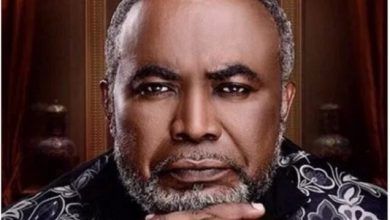Sri Lankans Head to Polls Amid Economic Turmoil and Recovery Efforts

Approximately 17 million Sri Lankans are set to vote in the country’s first election since a severe financial crisis, a critical moment for its economic recovery.
The election follows the 2022 debt default that prompted widespread protests, culminating in President Gotabaya Rajapaksa’s resignation. Ranil Wickremesinghe, who ascended to power after Rajapaksa’s ouster, is now campaigning for a full term, facing over three dozen candidates eager to guide the nation through its ongoing financial challenges.
Rajapaksa’s administration had cut taxes before the pandemic, leading to plummeting state revenues and an unprecedented debt crisis that fueled skyrocketing inflation. With global financing now at the forefront of this election, both China and India regional powers vying for influence are closely monitoring the situation. “We recognize that India and China have global ambitions,” noted Harini Amarasuriya, a member of Parliament from a leftist coalition. “We aren’t averse to investment at all. We just want it done the proper way. We don’t want any corruption.”
Chinese loans have historically financed major infrastructure projects in Sri Lanka, significantly contributing to the nation’s debt. In response, India, with some support from the United States, is stepping up its investment efforts.
Candidates are making foreign investment a focal point of their campaigns. Front-running socialist candidate Anura Kumara Dissanayake has pledged to cancel a $442 million wind power project linked to Indian billionaire Gautam Adani, arguing it threatens the country’s “energy sovereignty.” Adani is also involved in a port project in Colombo, backed by American financial assistance.
This election serves as a referendum on the austerity measures implemented following the financial crisis. Wickremesinghe sought a $2.9 billion bailout from the International Monetary Fund, which necessitated tax increases and the privatization of state enterprises. Many Sri Lankans continue to grapple with high living costs and tax burdens.
Despite these challenges, recent economic indicators show unexpected growth and declining inflation. Just days before the election, Sri Lanka received a boost with a draft agreement to restructure its $12.5 billion in foreign debt.
However, the impact of these macroeconomic changes on the ground remains uncertain, with the World Bank reporting rising poverty levels, affecting more than a quarter of the population.
As Nilanthi Samaranayake from the U.S. Institute of Peace and the East-West Center observed, this election highlights the tangible electoral consequences of global financial institutions on developing economies.





